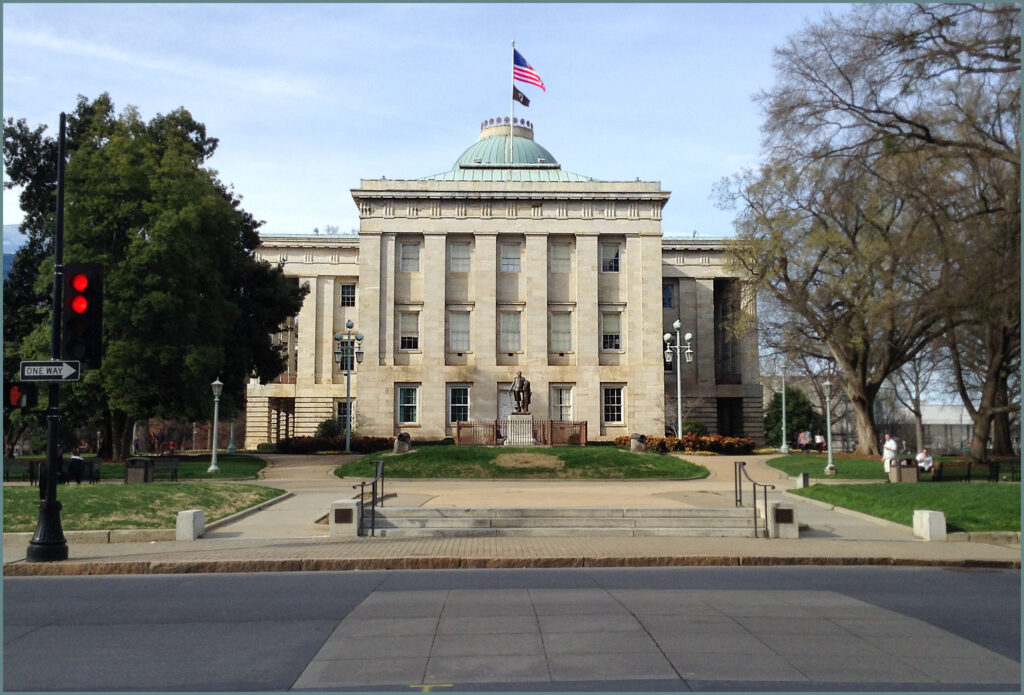
North Carolina lawmakers are considering legislation that would allow those sentenced to life without parole to earn their way out of prison, according to an opinion piece published in the NC Newsline. The Prison Resources Repurposing Act would allow the release of persons with LWOP sentences who have demonstrated remarkable rehabilitative efforts.
“Given evidence supporting the unwarranted, racially biased nature of LWOP sentences, North Carolina should explore allowing release for exceptional lifers who have proven they are no longer a threat to society,” the opinion article stated.
The PRRA is designed to create a system that mandates goals in education, vocation, and behavior over a span of 20 years that could prepare individuals for release eligibility. According to Newsline, the existing rehabilitative structure would be repurposed into a tiered advancement structure and would not require additional funding.
Release under the PRRA is not guaranteed. It is designed only for exceptional candidates, unlike some past parole methods that reduce sentences to accommodate the need for bed space. Further, each candidate would be vetted for eligibility by the North Carolina Post-Release Supervision and Parole Commission. Those not meeting the requirements would remain incarcerated for life, asserted NC Newsline.
“We recognize that LWOP should be reserved for the most heinous perpetrators, and the PRRA ensures that end,” noted the opinion piece.
The authors cited a 2021 Duke University study that reported the primary reason for LWOP sentences in North Carolina is racial inequity, not crime severity.
The Sentencing Project reports that people of color, convicted before their brains fully mature at age 25, are disproportionately affected by LWOP sentences. “…[T] his group will naturally age out of committing crimes after reaching their mid-30s, yet LWOP sentences prevent them from earning freedom as adults,” the authors of the opinion piece stated.
State Democratic House representatives sponsored the PRRA in 2021 and 2023, but it died twice in committees.
“We believe that passing the PRRA will positively impact North Carolina by making prisons less violent and ensuring the rehabilitation of released people, thus creating a safer community,” the opinion authors noted.